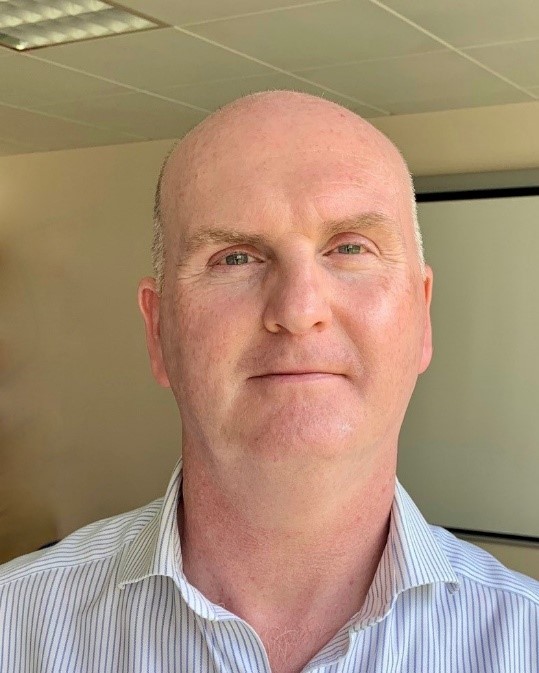
This year, QUOD is celebrating its 10-year anniversary and for this edition of the QUOD newsletter, I was delighted to speak with William Murray who has been a Specialist Nurse in Organ Donation (SNOD) for NHSBT since the inception of QUOD back in 2013 in Edinburgh, Scotland. QUOD has now collected over 128,000 samples from more than 7,000 donors, supplying in excess of 38,000 samples to more than 55 research projects. This milestone would have certainly been insurmountable without the extraordinary efforts of this national consortium, including the Specialist Nurses who have such a critical role in the process.
William describes his role as a SNOD for NHS Ayrshire and Arran as multifactorial. He explains how the Specialist Nurses manage the process of organ donation from the point of referring a potential organ donor, working with colleagues in the intensive care units (ICU) and being present in theatre during retrieval. The SNODs are also responsible for the clinical management of the donor to ensure the stability of the patient all the way through the retrieval process through to family after-care. This includes speaking with the families or next of kin of the patient regarding consent/authorisation for research and the collection of samples for the QUOD biobank. William notes that the key to being a SNOD is communication, empathy, forming a rapport with people and using your instinct to judge what is right for every family member going through what is a very difficult time in their lives.
William explains how the respect and dignity to the families’ loved one is upheld and in the foremost thoughts of those involved during the process of obtaining samples for research purposes and that taking biopsies for QUOD does not affect the efficacy of the organs upon transplantation. Sample collection for QUOD closely mirrors the sampling required for the donation process and families are already aware that blood and urine is routinely analysed from patients while in hospital. William notes that the QUOD process works well because it has been built around the systems that already exist in the hospital.
When asked what advice he would give to any nurse or clinician considering specialising in organ donation, he advised to not lose sight of the unique relationship between the relative or next of kin and the patient, that the bond between a couple or parent and child does not change regardless of age and to be mindful of this.
The work that William does for QUOD is in fact a relatively small aspect of his day-to-day routine. He talks about how SNODs spend much of their time on call, covering the region that they work in which can often be a very large geographical spread. For William, this can include the whole region of Scotland! When not on call, William says that his focus is on teaching and raising awareness in addition to clinical audit and policy development. The latter includes identifying potential limitations or barriers to organ donation and working closely with clinical colleagues and committees to design and implement policies that address these barriers.
William remarked that change in his role is almost constant as incremental changes often occur on a weekly basis in reaction to clinical outcomes. William also discussed the interest in supporting organ donation and changes that he observed following the Government Campaign in Scotland, ‘Do Not Leave Your Loved Ones in Doubt’, which urged the public to register their decision with regards to the NHS Organ Donor Register and to speak about their decision with their families.
To close, William observed how being a SNOD is a complex role, helped by technological advancements with more information leading to better outcomes, very hard work but also incredibly rewarding; a unique position which gives him the opportunity to bring about meaningful change far and wide, and yet still work on a local level in the ICU, which is very important to him. He remarked how privileged he felt to work in a role that can help patients and their families across the UK, “What I do in Ayrshire, makes a difference at a national level”. Having started his career as an intensive care nurse, William says that “the intensive care unit is in my bones” and speaks warmly of the camaraderie and community embedded in the ICU and the connection amongst the SNODs.
A special thank you to all the SNODs across the UK, along with all the clinicians, retrieval teams, surgeons and technicians that have enabled QUOD to reach this monumental milestone!
William Murray was interviewed by Hannah McGivern.

